I don’t use one except for work (to connect to corporate networks).
A VPN mostly changes which entity you have to trust (from your ISP to your VPN provider). I don’t have a reason to distrust my ISP any more than any VPN provider. I don’t have any need to regularly get around any geoblocking.
When I do privacy-sensitive things, I use Tor, which is actually effective at hiding who I am and what I am doing.

Is there a translation of https://www.eff.org/cyberspace-independence into Nepali yet, I wonder.

The Internet has become popular enough that governments care about what happens on it. And it’s not just European countries, US states too (at least for age verification).
More specifically for your two points:
Encryption
It used to be that very little Internet traffic was encrypted, much less end-to-end encrypted. After 2013 (Snowden revelations), this changed, e.g. messengers started to E2EE, many more websites than previously started to use HTTPS. So all we are seeing now is the reaction to those positive changes…
Age verification
This has to do with mobile devices more than anything else. I think a lot of parents now just hand their children smartphones or tablets and may then be surprised that their children can then access things they don’t want their children to access. This was less of a thing in the desktop era because it was easier to see what children were doing online if it was happening on a huge computer in the living room…
Now personally I don’t think anyone (including young people) should ever be prohibited from watching or reading anything they actively want to see. For preventing young people from accidentally accessing porn, an “are you over 18” banner ought to be enough… I don’t think people who want to prevent that kind of access want anything legitimate. But you asked about why it’s happening now and not at another time and I think this is the answer.
Sidenote: I remember reading that when television was newly introduced in East Germany, it was still able to be somewhat critical of the regime; after some years, this stopped because a lot more citizens were able to watch it. The equivalent of that is currently happening to the Internet.

Yes, the federated model might make it somewhat harder for governments to enforce these kinds of laws. Until those governments catch up. 🙁
John Perry Barlow was right: https://www.eff.org/cyberspace-independence

What data?
It’s possible there’s something in the firmware or BIOS that transmits some things to Apple; I do not know for sure, but maybe someone else will show up here who knows details about this. Even if that is so, Apple gets significantly less data because anything built into macOS won’t be running.

If It Can’t Steal All Your Copyrighted Work
https://commons.wikimedia.org/wiki/File:Copying_Is_Not_Theft.webm
I don’t think there are any viable engines other than the three you mention. Other browsers than the three you mention are viable, I am typing this in LibreWolf, but they are all based on one of these three engines.
I recently tried Ladybird and it crashes e.g. when I try to access my Lemmy instance. Definitely not viable yet in 2025, but this doesn’t mean it must remain so.

I think you can publish on many ordinary (micro)blogging platforms through Tor, but you’ll need a valid email address.
So the problem is reduced to: how can you get a valid email address through Tor that is not linked to either a phone number, your real identity, your credit card, or another email address that has any of these pieces of information stored.
I have never needed to do this, but to my knowledge, there are email providers where that is possible. Another user linked to privacytools.io where I can find this list https://www.privacytools.io/privacy-email - so that may be a place to start.
The good part is that at least according to https://netzpolitik.org/2024/letzter-anlauf-zur-chatkontrolle-ungarn-will-zustimmung-zum-scannen-erzwingen/ this is the last time they’re trying to get the Council to agree.
Nearly all open source map apps (definitely OsmAnd and Organic Maps) use openstreetmap.org as a data source which is literally a wiki, ie. anyone can edit it. If there is a lot missing in your area on OSM, then please add those things yourself. It is exactly as good as volunteers made it.

I have no idea how government regulation of the Internet has become so normalized.

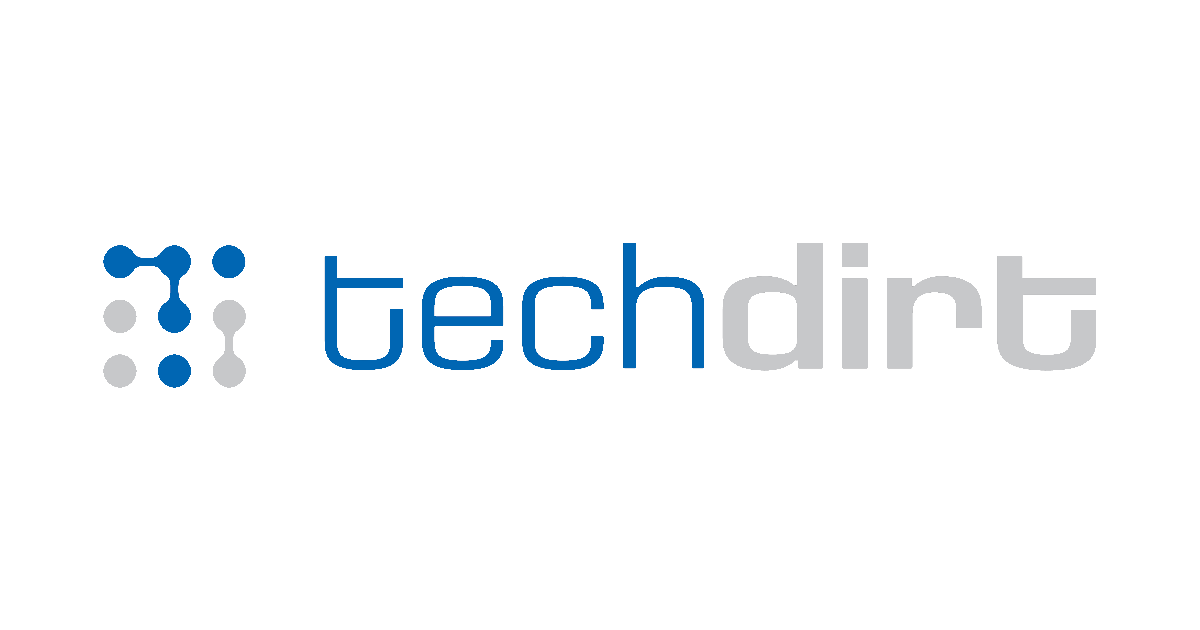

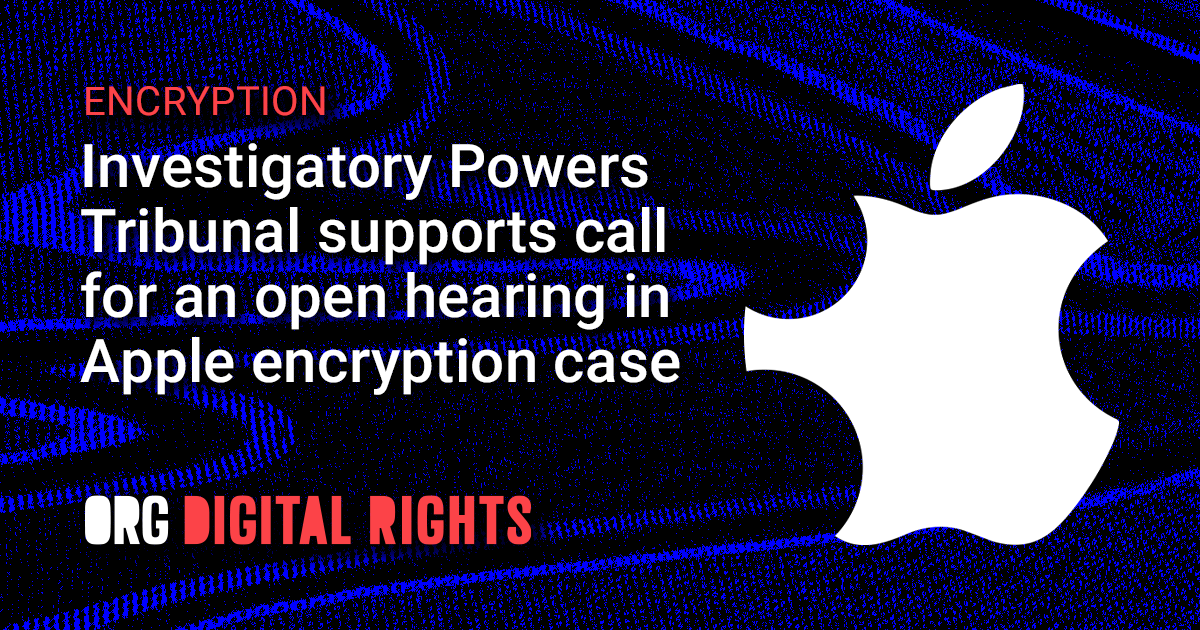

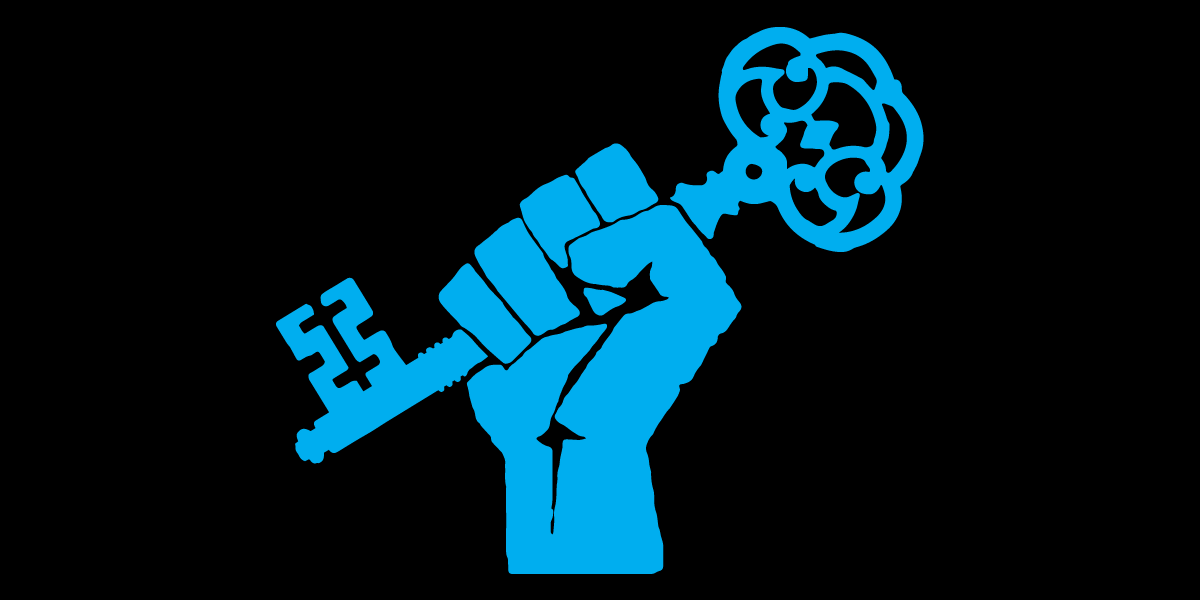
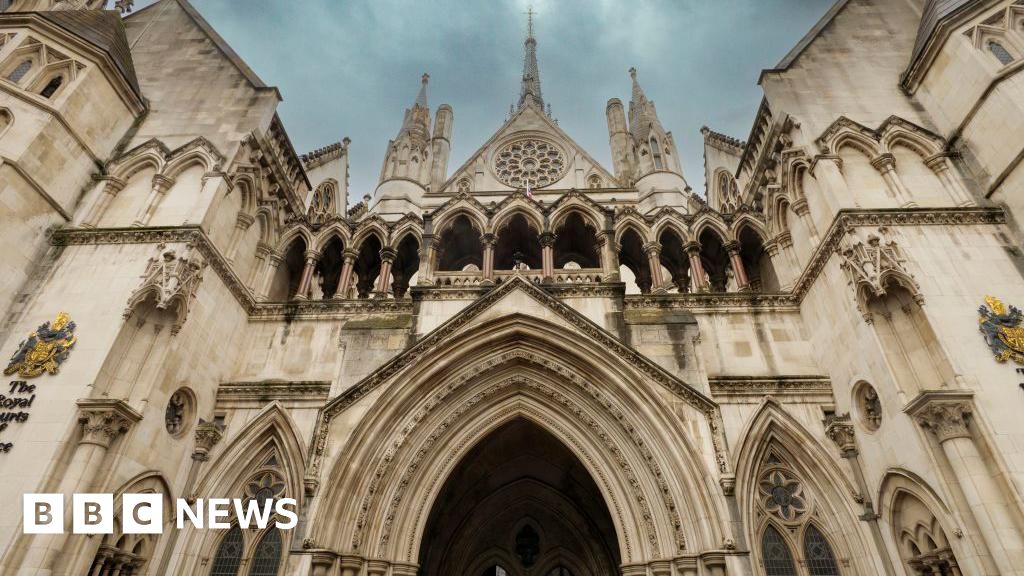
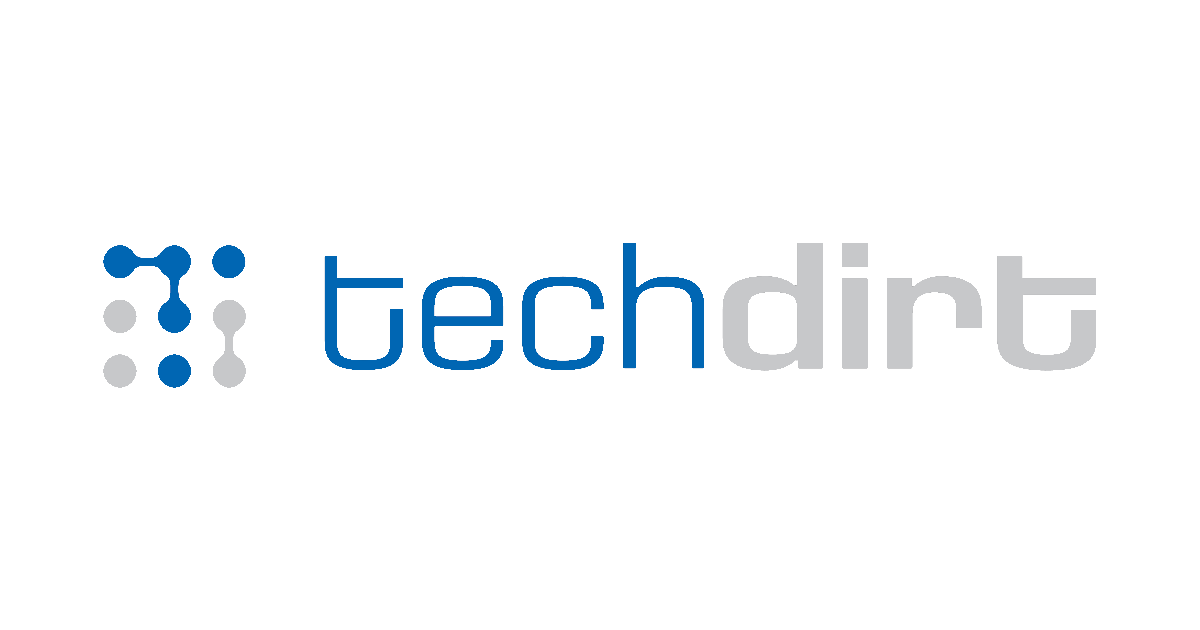
likely not either (much) better or worse than any other place where you store your files unencrypted on someone else’s computer?
Not sure what exactly you’re asking.